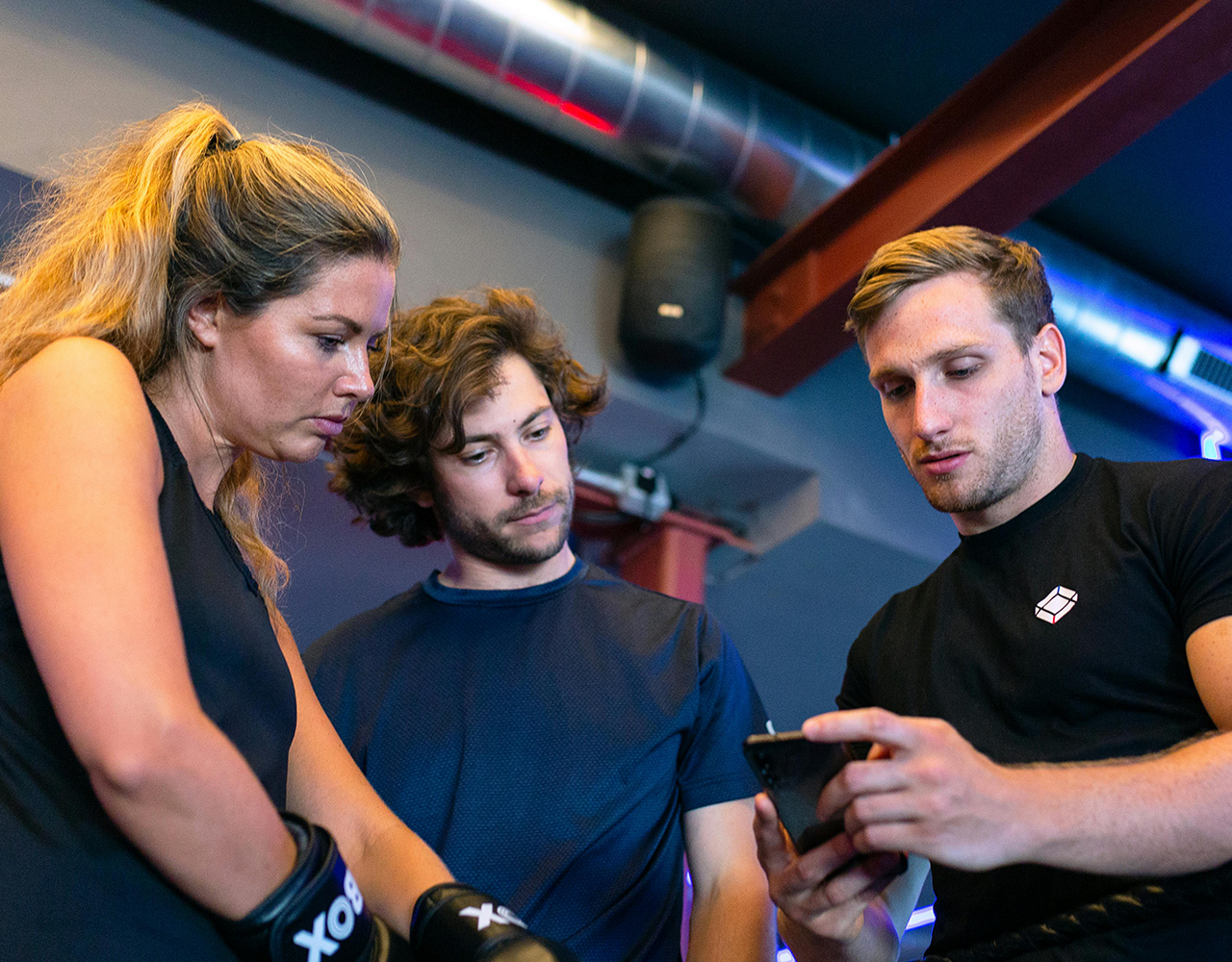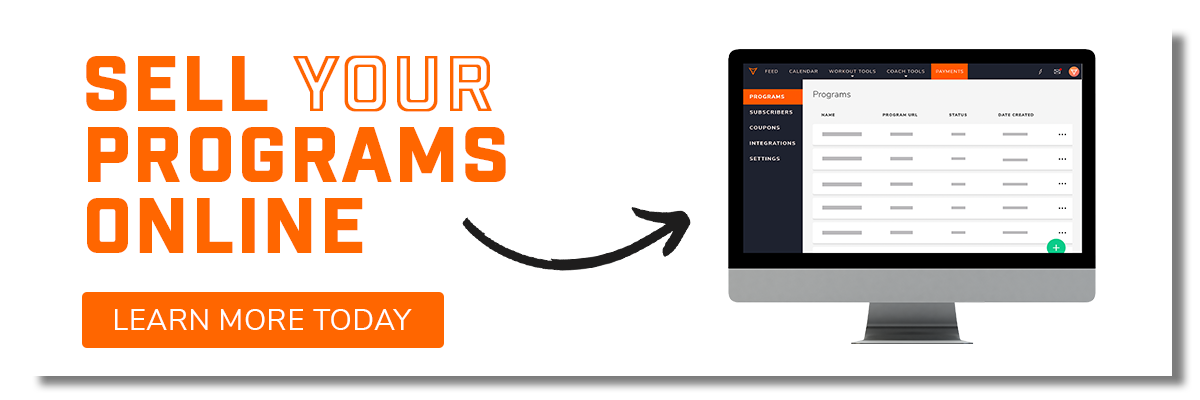Building a Stronger Staff: Keys to Better Hiring Practices
The optimal execution of day-to-day operations is what drives the engine of a successful organization. Having staff who represent your facility or institution with the highest standard possible is essential for building an elite brand (and reputation).
Too many organizations rush both the selection and onboarding process. Sub-par applicants get brought in and are trained under chaotic systems with little to no structure in place. Many of them just hand over the reins and say “do your best”. Trust me, I’ve made a few of these mistakes myself.
From my own experience, I’ve seen this lead to high turnover and a poor foundation for future employees. I’d rather pick up a few extra shifts and handle a little more responsibility until I find an A+ applicant than a rushed B-. Slow-cooked food always tastes better than microwave; it’s worth the wait.
Regardless of whether you stem from a private facility, local high school, state college, or a professional weight room, the folks working alongside you in the trenches can be your biggest asset or worst nightmare. In writing this article, I’ve broken down some of the methods and points we implement and look for when selecting and building our staff here at Iron Performance Center.
SELECTION PROCESS
1. In-House Internship
It’s rare that we ever consider hiring a Strength Coach who hasn’t participated in one of our internship semesters. For us, it’s the perfect onboarding experience and gives us a great sense of who’d be a fit for our organization. Essentially, it’s like a 12-week interview where we literally get to train interns on how we run our room as well as day-to-day operations. At the end of the term, we may have a potential candidate more familiar with our organization; it’s that much easier to onboard them should they be selected.
While we teach candidates our curriculum, the important stuff comes with the soft skills. We’re constantly observing; taking in every interaction and behavior possible. When candidates are going through your internship, pay close attention to how they conduct themselves on the floor with your people as well as during off hours. For us, we appreciate proactivity.
Observe and answer the following:
1. Are they actively engaging with clients or athletes?
2. Are they looking to provide value without being told to do so?
3. How do they conduct themselves during downtime? Are they reading or scrolling on their phone?
4. Are they experimenting with their own fitness and training?
5. Are they providing the best experience regardless of demographic (elite athlete versus general population)?
Soft skills are one of our key factors when looking at potential candidates. I don’t care how smart someone is or what letters decorate their email signature; if you are incapable of basic communication skills, relationship building, and coaching ability, your degree is better off as toilet paper.
If running your own internship isn’t an option, have potential candidates shadow a few days on the job. While your time with them may be brief, it should give you a better sense of how they conduct themselves in your environment. Look for the same qualities we mentioned above and use your discretion as you go.
2. Spoon Test
Having a keen eye for attention to detail is something we look for in our candidates. This becomes extremely important when working with so many diverse groups; each has their own history and background that need to be taken into account.
A simple way we test for attention to detail (during our internship) is what we call the spoon test. Selected interns are all given a handbook that they are required to read before their first day. We remind them of the importance of knowing our conduct and policies; they’re told to read the manual cover to cover in order to be prepared for their first day. When that day comes, we simply hold out our hand and wait.
On page 21 of our intern handbook, we put a clause under the last paragraph. Written in big bold letters (size 14 font at least), is the following:
“On your next scheduled day (after receiving this booklet), please present a metal spoon (tablespoon or teaspoon) to your supervisor”
This simple test demonstrates to us whether our interns were able to follow basic instructions and pay attention to detail. While this isn’t a make-or-break assessment, it helps reaffirm our stance on the matter to those who passed and corrects the course for those who failed. Win-win.
3. Callus Test
If candidates aren’t actually bending the bars themselves, they’ll have no place in our room. We’re a culture of bar benders and full senders; all our athletes and clients know how to get after it. It would be irresponsible of us to hire someone who wasn’t willing to get in the trenches themselves and work on their own iron game.
The easiest way to tell if candidates actually lift weights is using the callus test. When candidates first come in for an interview, we ask them to see their hands. If we don’t see calluses, it’s usually an automatic red flag.
Before making any decisions, have candidates join you and your staff for a lift. This is the best way to get to know someone and how they conduct their own training in the weight room. After all, you can’t fake this stuff; if you aren’t a passionate bar bender yourself, it won’t be hard to tell. Do with it what you will.
ONBOARDING
1. Fair Pay
Once you’ve selected a candidate, you’d best be prepared to talk turkey. Like anything else, quality requires investment and your staff should be no different. Regardless of whether it’s an hourly wage or guaranteed salary, offer a fair and meaningful compensation package.
Every organization is different, so “fair wage” will be at your own discretion. What I can recommend is thinking outside the box to show incentive and room for growth with your offer. Simple things like offering an annual clothing credit to ensure employees get fresh gear every year. Offering to pay recertification fees can also be a huge bonus to your staff and will ensure they stay current in the field.
Something we like to offer is continuing education funding and conference allowances to cover professional development. This is a great way to help fuel passion for learning in your strength squad while essentially investing in your organization. Having staff excited to learn and bring that knowledge back to your room can only make everyone better. Food for thought.
2. Creative Projects
At Iron Performance Center, we want our staff to feel empowered to work on creative projects outside their normal duties. Our organization allows staff to work on an idea or project in the strength and conditioning realm to help move the field forward. We even offer to fund it as needed.
We’ve found this concept to be a great implement. It keeps ideas fresh while pushing employees to step outside their comfort zones. Some projects include blog articles, social media designs, e-books, and internal curriculum content. Things get really fun when staff works together on each other’s ideas, that’s when the magic happens.
3. Staff Lifts & Outings
The fellowship that lifts together stays together. Regardless of how many staff you have under your wing, I highly recommend having staff lifts. Whether they’re scheduled or informal, get everyone in the weight room together to train. Keep things fun; rotate who selects the music or have someone design a theme each week. Experiment with new exercises together or have someone teach the group something they’ve learned recently. You can’t go wrong by simply getting after it as a group. Trust me, just do it.
Something we do after a staff lift is grabbing breakfast or brunch as a group. Interns, co-op students, and sometimes athletes are all invited to the local diner around the corner. This gives us a chance to step away from “the grind” and just get to know each other outside the weight room. Heck, some of our best ideas came out during breakfast as we talked shop as a group over eggs and coffee.
If breakfast isn’t your thing, get creative. Team potlucks, bowling nights, and BBQs are all great ways to get to know your people on a deeper level. Encourage them to invite their spouses or partners, it only brings everyone closer together. While it may sound cliche, our team can really feel like a family some days.
IN CLOSING
Building a stronger staff can only lead to a better culture. I find it odd that such a crucial process is often overlooked or grazed over without much effort; as strength coaches, we know it’s people who make the difference. If it’s our employees that drive the engine, it only makes sense to give the process the focus it deserves.
I encourage my fellow coaches in a hiring position to create their own systems and methods of quantifying the unquantifiable. Implement your own unique ways to gauge a candidate’s character and ability so as to better indicate if they’ll mesh in your setting. At the end of the day, it’s an investment that comes with risk. While we can’t control all the outcomes, we can certainly minimize the risk.
For those onboarding new staff, put yourself in their position. Understand your new staff member’s own needs and expectations; make their onboarding process an experience catered to them and their new role. Provide them with the opportunity to grow and communicate how that would look for them. Transparency keeps everyone on the same path forward with the excitement of clear possibilities.
At the end of the day, we want to create a staff of passionate folks dedicated to ensuring our members and athletes get the best training experience possible. If your future staff is provided that same experience, well, it shows.
Subscribe to our blog
Subscribe to receive the latest blog posts to your inbox every week.
Related posts

The Strength Coach's Ultimate Guide to Hiring

Financial Literacy for Strength Coaches


